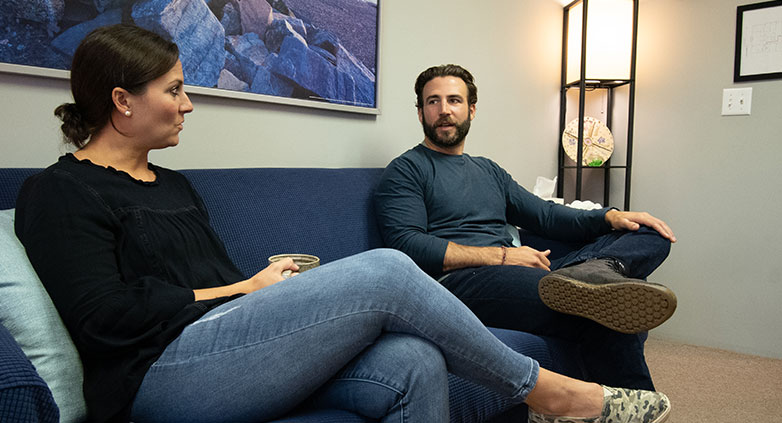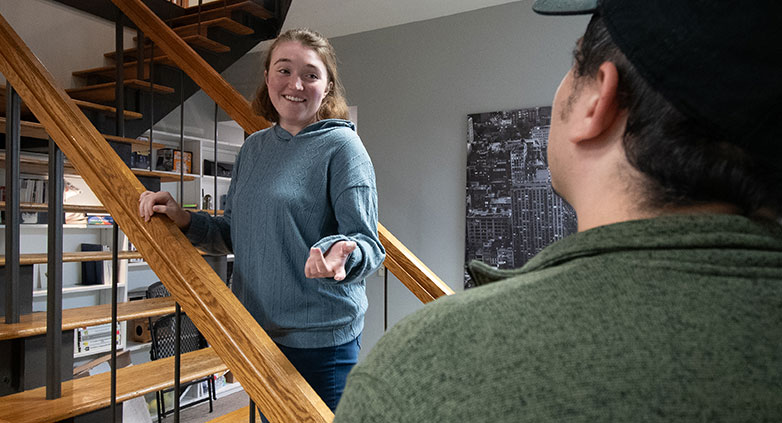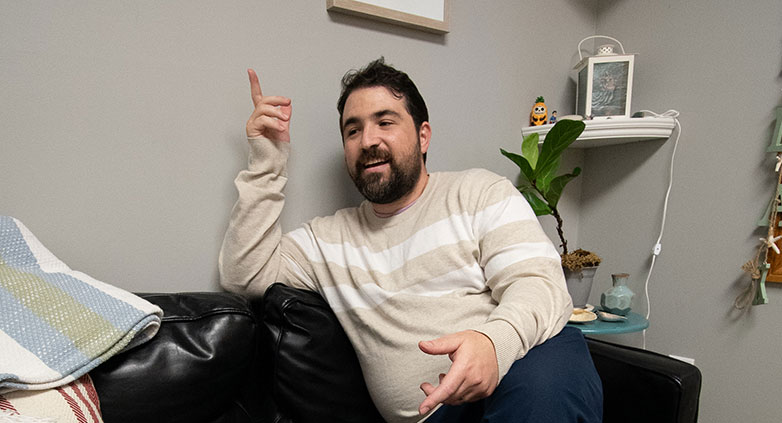Support Groups for Families of Addicts – Break the Isolation
Addiction is a complex issue that affects not only the individual struggling with substance use but also their entire family.
In fact, a 2023 study by the National Institute on Drug Abuse (NIDA) found that 63% of family members of addicts report experiencing significant emotional distress due to their loved one’s addiction.
Support groups for families of addicts provide a critical network of compassion and understanding, helping families navigate the challenges of addiction and recovery.
What are the best Support Groups for Families of Addicts?
Support groups for families of addicts are dedicated spaces designed to offer emotional support, coping strategies, and a sense of community to those affected by a loved one’s addiction. There are variety of support groups for families of addicts, including:
- Al-Anon Family Groups
- Nar-Anon Family Groups
- Families Anonymous
- Family Services Programs offered by Substance Abuse & Rehab Centers
These groups help families understand addiction dynamics, share experiences and solutions, and develop healthier coping mechanisms.
Engage with the community to learn how support groups can transform the recovery experience for both the addict and their family.

Types of Support Groups for Families of Addicts
While addiction takes its toll on the individual struggling with substance use, the impact extends far beyond.
Family members often carry a heavy burden, experiencing emotional strain, confusion, and feelings of helplessness. Fortunately, there’s a powerful resource available: support groups.
According to a 2024 study by the National Council on Alcoholism and Drug Dependence (NCADD), 78% of families reported feeling a significant improvement in their well-being after participating in support groups.
These groups offer a safe space to connect with others who understand the unique challenges of addiction, providing invaluable support on the path to recovery.
Here’s a look at some of the different types of support groups available for families of addicts:
1. Al-Anon
A foundational support system for families of alcoholics and addicts. Rooted in spirituality, Al-Anon promotes personal growth and fosters a sense of shared wisdom through regular open meetings.
- Focus: Support for families of alcoholics and addicts.
- Approach: Spiritual foundation, promoting personal growth and shared wisdom.
- Meetings: Regular, open meetings fostering a supportive environment.
2. Nar-Anon
Designed specifically for families struggling with a loved one’s drug addiction. Based on the 12-step program, Nar-Anon meetings provide a safe space to share experiences, find acceptance, and gain support on the path to recovery.
- Focus: Specifically designed for families of drug addicts.
- Approach: Based on the 12-step program, focusing on acceptance and recovery.
- Meetings: Provides a safe space for sharing challenges and triumphs.
3. Families Anonymous
Offers broader support for families dealing with any form of addiction. Emphasizing anonymity and shared experiences, Families Anonymous meetings encourage family involvement in recovery, fostering a sense of understanding and mutual support.
- Focus: Broader support for families dealing with various forms of addiction.
- Approach: Emphasizes anonymity, shared experiences, and mutual support.
- Meetings: Encourages family involvement in recovery, enhancing understanding and support.
4. Family Services Programs offered by Substance Abuse & Rehab Centers
Designed to support families affected by addiction, these programs provide comprehensive assistance that emphasizes education, support, and professional guidance. Rooted in a community-based approach, Family Services Programs help families develop a deeper understanding of addiction and foster resilience through a collaborative recovery process.
- Focus: Comprehensive support for families dealing with addiction.
- Approach: Community-based, emphasizing education, support, and professional guidance.
- Meetings: Includes educational sessions, support groups, and access to professional counseling, creating a supportive environment for family recovery.
Contact Project Courage for more information on joining a support group

Benefits of Joining Support Groups for Families of Addicts
For families grappling with a loved one’s addiction, the journey can feel overwhelming. Isolation and emotional strain often become significant barriers to healing.
However, joining a support group can offer a powerful solution, extending far beyond simple emotional support.
A recent study found that 82% of families participating in support groups reported a significant increase in their sense of empowerment when dealing with addiction.
Support groups provide a unique space for families to not only share their burdens but also gain valuable tools and resources to navigate the recovery process effectively.
Here’s a closer look at the empowering benefits of joining a support group:
- Emotional Support: Share your journey in a supportive, understanding environment.
- Coping Strategies: Learn how to handle complex emotions and situations.
- Setting Boundaries: Develop skills to maintain healthy relationships.
- Self-Care: Prioritize your well-being to better support your loved one.
- Resources and Information: Access valuable resources to navigate the recovery process effectively.
Risks of Not Participating in Support Groups for Families of Addicts
Standing by someone battling addiction can feel isolating.
Support groups offer a lifeline, but skipping them can lead to serious consequences.
A 2023 study by the National Alliance on Mental Illness (NAMI) found that families who did not participate in support groups were three times more likely to report experiencing clinical levels of anxiety and depression compared to those who did.
Without the support network and tools offered by groups, you might face:
- Isolation: Feeling alone in your struggles.
- Emotional Overwhelm: Difficulty managing emotions without support.
- Ineffective Coping: Relying on poor coping mechanisms that can exacerbate stress.
- Boundary Issues: Struggles with setting and maintaining healthy boundaries.
- Lack of Information: Missing out on valuable guidance and resources.
Call today for a confidential consultation on joining a support group

Finding the Right Support Group for Your Family
Support groups offer invaluable resources, but finding the right one is key.
Here’s what to consider:
- Know Your Needs: What are you hoping to gain? Sharing experiences? Coping skills?
- Research & Match: Look for groups aligned with your family’s values and specific needs (e.g., Al-Anon for families of alcoholics).
- Try It Out: Attend meetings to find a comfortable, welcoming environment.
- Virtual or In-Person: Choose the format that best suits your schedule and preferences.
Project Courage offers a variety of support group options specifically designed for families.
We provide a safe, supportive space for you to heal and connect with others on this journey.
Conclusion
Support groups for families of addicts play an essential role in the recovery process.
They provide a foundation of support, education, and community that is vital for healing. If you or someone you know is struggling with the effects of addiction in the family, consider reaching out to a support group.
Share this information with others who might benefit and contact Project Courage for further support


